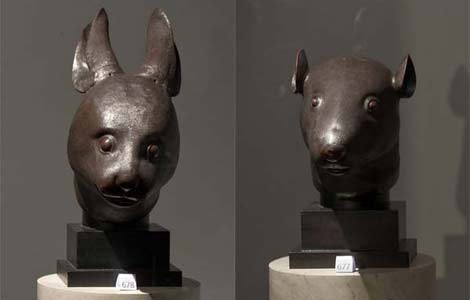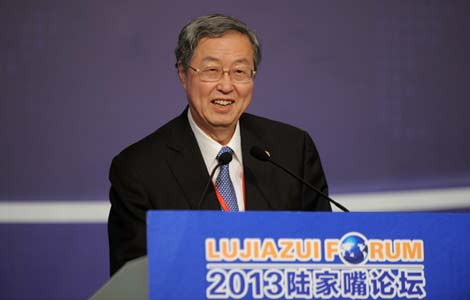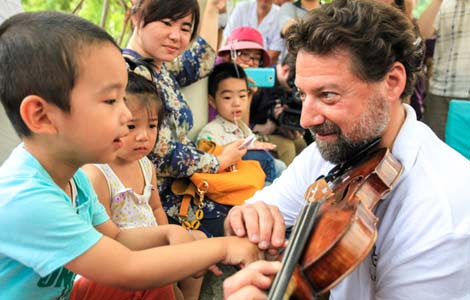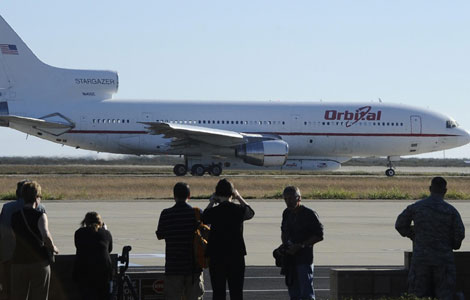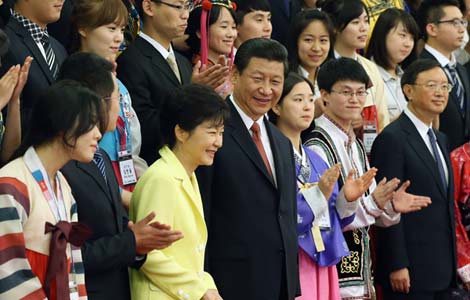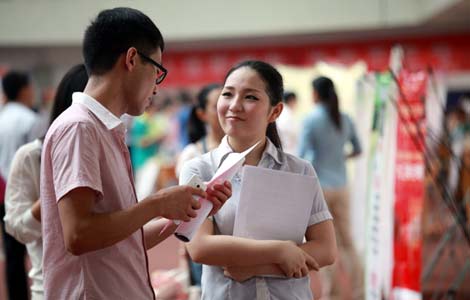'Grapes', 'coconuts' meet in Berlin
Updated: 2013-06-29 07:58
By Cao Yin (China Daily)
|
||||||||
Large expanses of green under a clear blue sky and a landscape dotted with trees greeted me as the flight landed at Tegel Airport in Berlin. In my excitement at arriving in Germany, I forgot my fatigue after the 10-hour flight from Beijing.
I was in Berlin to participate in the Young Leaders Conference, held by the German organization Global Bridge and the Chinese People's Institute of Foreign Affairs.
The conference was an example of the kind of exchange that Premier Li Keqiang's two-day visit to Germany, beginning on May 25, was intended to stimulate.
Chinese delegates who have lived and worked in Germany for more than five years told me that Berlin was different from other European cities, such as Paris and Rome, which they had visited. Paris and Rome are filled with spectacular architecture and an artistic atmosphere enjoyed by many travelers around the world.
Instead, Berlin, which is organized, quiet and does not have many high buildings, is a highly liveable place, said my colleagues. They recommended it highly.
At 9 pm on an evening in late June, I was surprised to see the sun still shining. German participants in the conference told me that the long evenings were one reason they loved summers in Berlin.
Such a long day enriched the Sino-German conference, providing delegates with enough time to discuss hot issues, including urbanization, economic development and understanding between youth from the two countries.
More than 50 young participants, born in the 1970s and 1980s, were divided into groups to have face-to-face talks during the five-day conference, hoping to understand each other better in a relaxed way.
It was interesting when my German team members compared Chinese to "grapes", explaining that Chinese students always gather together and can be shy and conservative about participating in activities with foreigners when they go abroad.
In turn, Chinese participants described Germans as "coconuts", saying they seem hard to communicate with, reluctant to take part in activities and unwilling to speak their ideas.
However, these impressions or preconceived images that had blocked communication between delegates to some extent, were gradually cleared away. Free discussion followed, strengthening our friendship.
Having communicated with the German participants, I did not find them boring and serious. On the contrary, they liked sharing their different opinions during the discussions and they had a passion to know more about Chinese developments in various industries.
I also discovered that the Internet has built a bridge between our two countries, especially for young people. During the conference, a few German participants showed great interest in Sina Weibo, China's Twitter-like service, and were enthusiastic about the possibility of learning Chinese.
My trip to the conference changed my impressions of Berlin and Berliners. It confirmed for me the importance of communication and the value of traveling or studying in a city in order to better understand its culture and its residents.
Most Viewed
Editor's Picks

|

|

|

|

|

|
Today's Top News
Premier Li: Target for growth can be met
Prudent monetary policy to stay
Polluted river lifts cancer deaths
Looted relics return to China
Forty years of music with China
Industry to pay 15% more for natural gas
Li: Pragmatic co-op with ROK should deepen
Premier promotes creation of FTA with EU
US Weekly

|

|
